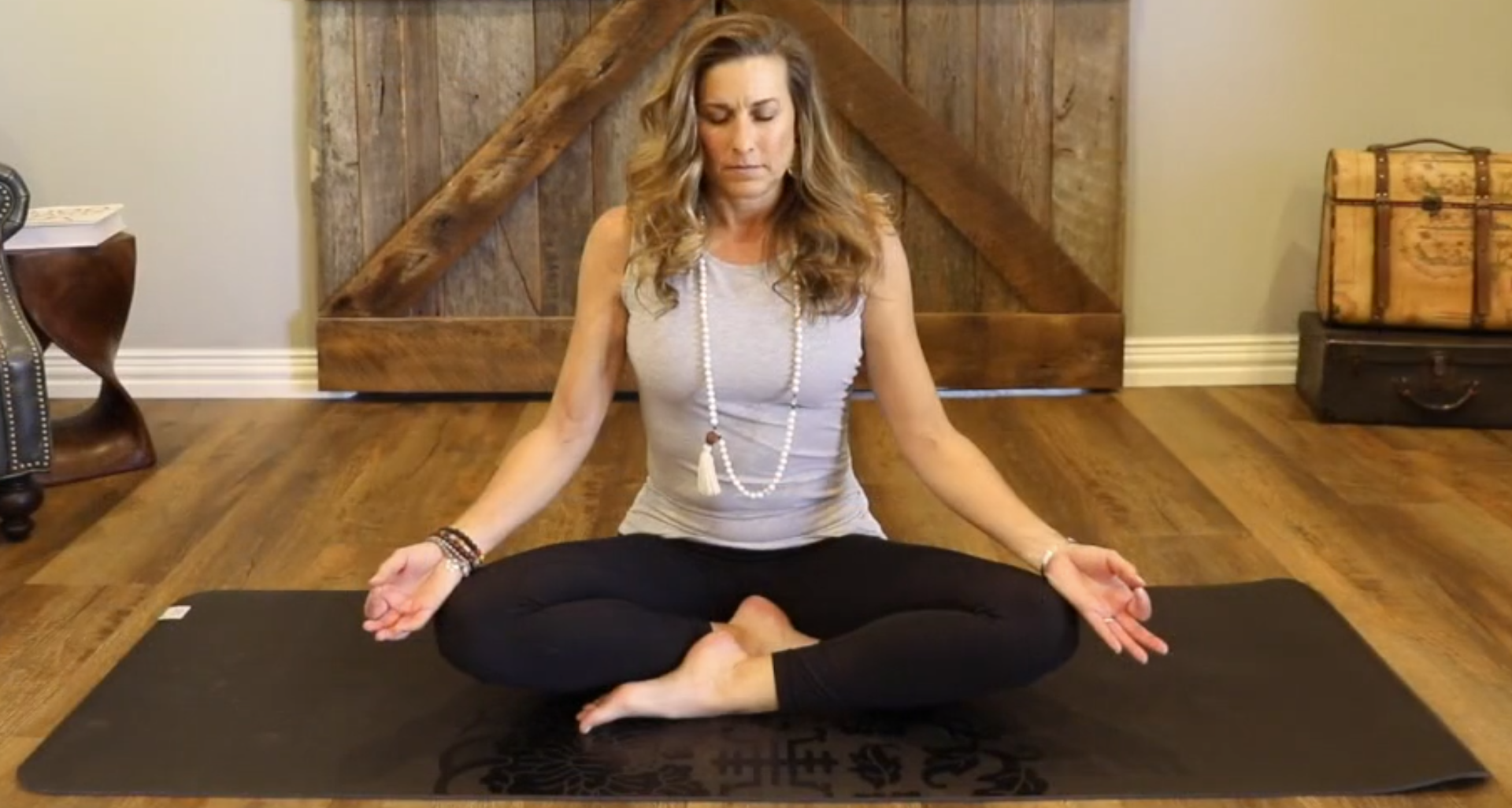CALL:
Is EMDR Therapy Treatment The Therapeutic Approach You've Been Searching For?

The process of EMDR therapy
We want you to know more about this treatment works (AddoRecovery.com). Let's walk through a session.
First, your therapist will ask you about your history. Next, after an assessment, you'll be able to talk about the process. Then, you'll begin to talk about the details of your trauma. As you start to discuss disturbing events, bilateral stimulation begins. Two common forms of bilateral stimulation include moving your eyes right to left or holding tappers, one in each hand. Then, as both hemispheres in your brain begin working together, your therapist will guide you through your trauma (centerfordiscovery.com). As a result, you're able to reprocess and recreate your trauma story.
Ultimately, the process leads to closure. Furthermore, the results of this therapy approach have been remarkable. Most patients are reporting they feel at least some relief in as little as one to three sessions (Healthline.com).
Phases of the EMDR Process
The eight phases of EMDR therapy are:
- History discovery
- Planning and preparation
- Assessment
- Desensitization - reprocessing
- Installation
- Body scan
- Evaluate - closure
- Evaluate - reprocess - re-evaluate.
Sessions often last sixty to ninety minutes. Depending on the length of your session, you may end at phase seven. If so, you'll start with re-evaluation and then begin reprocessing your memories during your next meeting.
What are the risks of EMDR?
There are a few potential risks, which your therapist will closely monitor you for. The most significant risk is emotional distress during or after your session. Likewise, some clients report vivid dreams of their trauma while they're going through the process. Yet, many patients say the benefits far outweigh the risks. Actually, the success rate for PTSD treatment is between 80-90%.
If you are ready to approach your trauma with EMDR therapy, our therapists can help. At TRR, our therapists are licensed and experienced in this approach. If you want to know more, visit our website at ThriveRelationalRecovery.com




